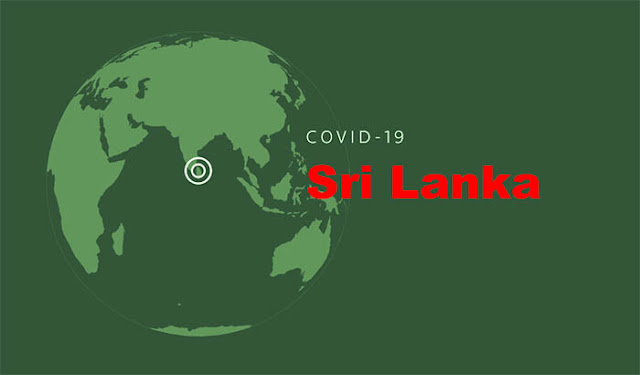COVID-19, caused by the SARS-CoV-2 virus, has had a significant impact on countries around the world. Sri Lanka has also been affected by the pandemic. The Sri Lankan government has implemented various measures to prevent the spread of virus, and vaccination was a best method.
Sri Lanka reported its first case of corona virus in March 2020, and since then, the number of cases and deaths has fluctuated. As of February 2023, Sri Lanka has reported over 750000 confirmed cases and over 11000 deaths.
The country implemented several steps to prevent the spread of virus. Travel restrictions, curfews, lockdown, awareness creation and the closure of schools and universities were some measures.
The government of Sri Lanka has also implemented a vaccination rollout to protect its population against corona virus. The vaccination campaign began in January 2021, with priority given to frontline workers, such as healthcare workers and military personnel. The vaccination expanded to other groups such as those with comorbidities, elderly and then general population.
As of February 2023, Sri Lanka has administered over 30 million doses of COVID-19 vaccines. The country has used several vaccines in its rollout, including Sinopharm, AstraZeneca, and Pfizer-BioNTech. The government has also announced plans to introduce the Moderna vaccine in the future.
Challenges
The vaccination rollout in Sri Lanka has faced several challenges. One of the main challenges has been vaccine hesitancy among the people. This attributed to lack of trust on government and concerns about the safety and efficacy of the vaccine. The government has launched campaigns to address vaccine hesitancy and promote the benefits of vaccination.
Another challenge has been the availability of vaccines. Sri Lanka has relied on donations to obtain vaccines from other countries such as India, US, EU and China. However, the supply has been limited, leading to delays in the vaccination rollout. The government also faced criticism for its handling methods on vaccine procurement process.
Despite these challenges, the vaccination in Sri Lanka has been successfully reaching a significant portion of the population. The vaccination rollout has also been accompanied by efforts to promote public health measures, such as wearing masks and practicing physical distancing.
In addition to the vaccination rollout, Sri Lanka has implemented other measures to control the spread of COVID-19. The government has ramped up testing and contact tracing efforts, and has established quarantine centers to isolate individuals who have tested positive for the virus.

